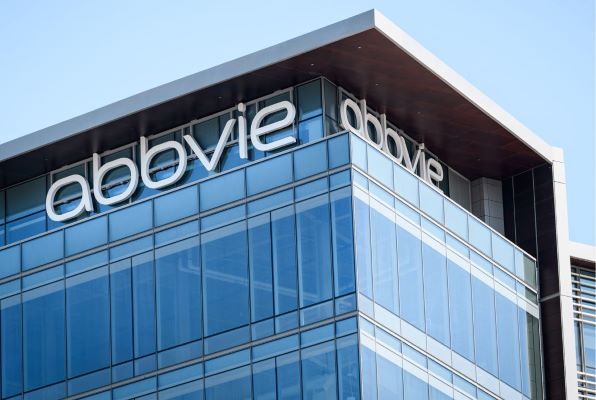New results from telisotuzumab adizutecan (Temab-A) and ABBV-706 demonstrate continued progress in AbbVie's antibody-drug conjugate (ADC) portfolio targeting difficult-to-treat cancers

AbbVie will present new data from its expanding antibody-drug conjugate (ADC) portfolio at the upcoming European Society for Medical Oncology (ESMO) Congress 2025, taking place October 17–21 in Berlin, Germany.
The data, spanning investigational and approved ADCs such as telisotuzumab adizutecan (Temab-A), ABBV-706, and Emrelis (telisotuzumab vedotin), underscore AbbVie’s continued leadership in developing innovative targeted therapies for patients with advanced and difficult-to-treat solid tumors.
"Despite recent progress in the treatment of advanced solid tumors, patients still face limited options and pressing unmet needs," said Daejin Abidoye, M.D., vice president, therapeutic area head, oncology, solid tumor and hematology, AbbVie. "The compelling data we are sharing at ESMO showcases how we are advancing targeted therapies across a range of solid tumors and highlights the potential of our portfolio."
At ESMO 2025, AbbVie will present three oral presentations on Temab-A, a next-generation, investigational c-Met–directed ADC featuring a novel topoisomerase I inhibitor (Top1i) payload. New Phase 1 data demonstrate the agent’s encouraging clinical activity both as a monotherapy and in combination with other treatments across multiple tumor types.
In colorectal cancer (CRC), Temab-A in combination with bevacizumab (Bev) showed an objective response rate (ORR) of 26.7 per cent among patients who had received three or more prior lines of therapy (NCT05029882), compared with 0 per cent for the standard of care (trifluridine/tipiracil plus Bev). Grade ≥3 treatment-emergent adverse events (TEAEs) occurred in 67 per cent of patients receiving Temab-A plus Bev and 65 per cent in the control arm.
"Temab-A continues to show meaningful clinical activity across an expanding range of solid tumors and patient populations, including patients with MET-amplification and increased c-Met expression as we have seen in previously presented data," said Vivek Subbiah, M.D., Chief, Early-Phase Drug Development, Sarah Cannon Research Institute and Temab-A investigator. "These data reinforce Temab-A's potential in multiple solid tumors and thereby warrant its further clinical investigation."

Subscribe To Our Newsletter & Stay Updated